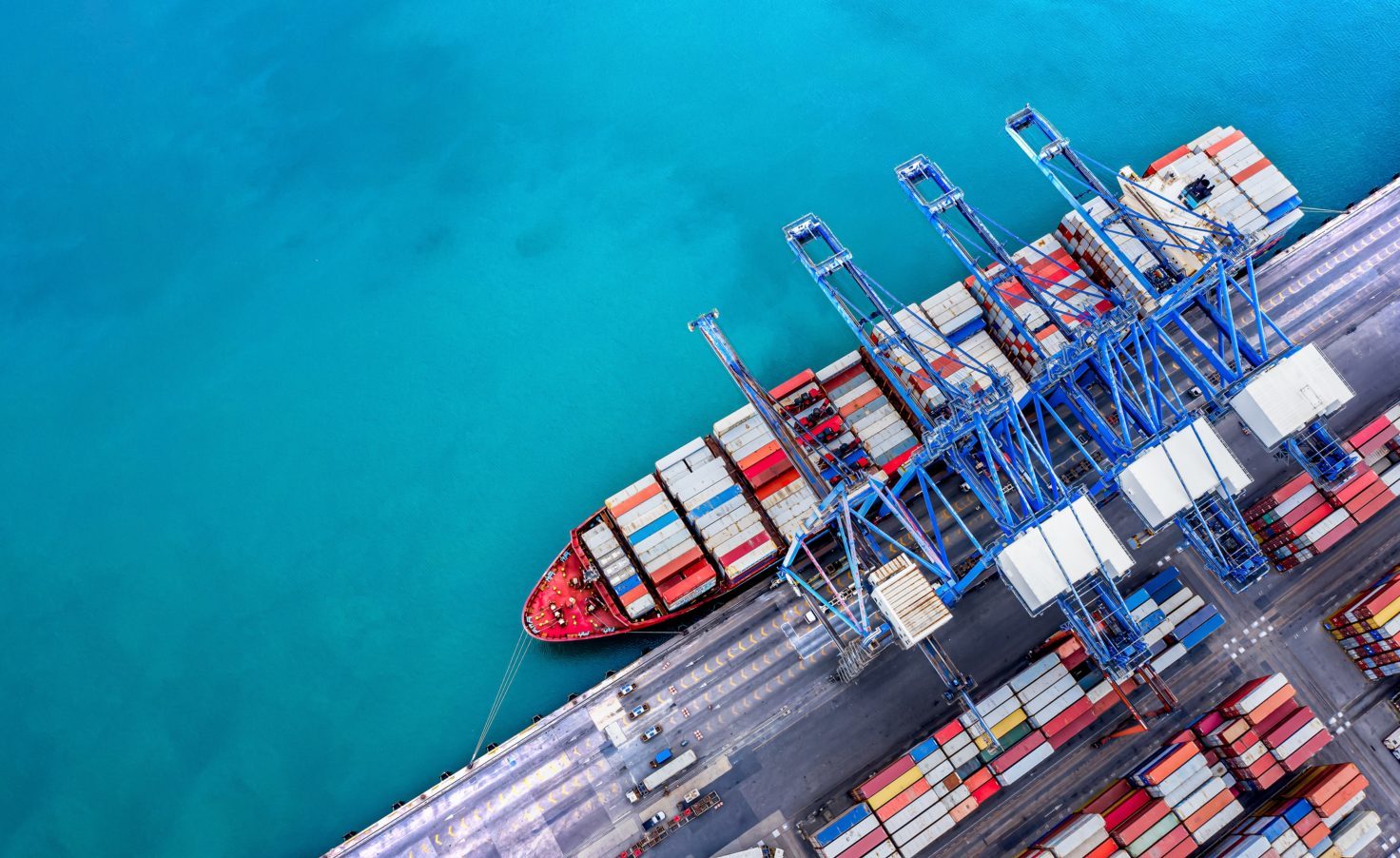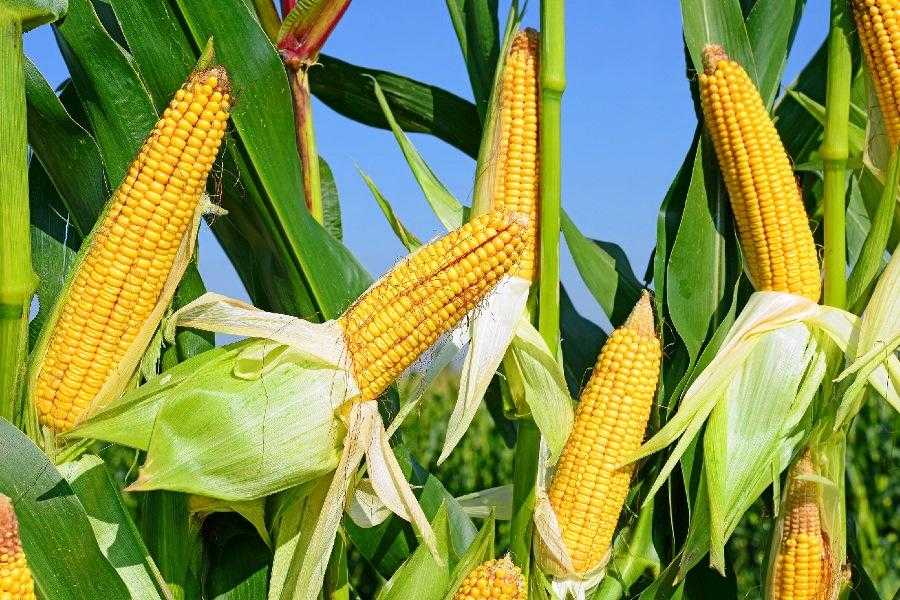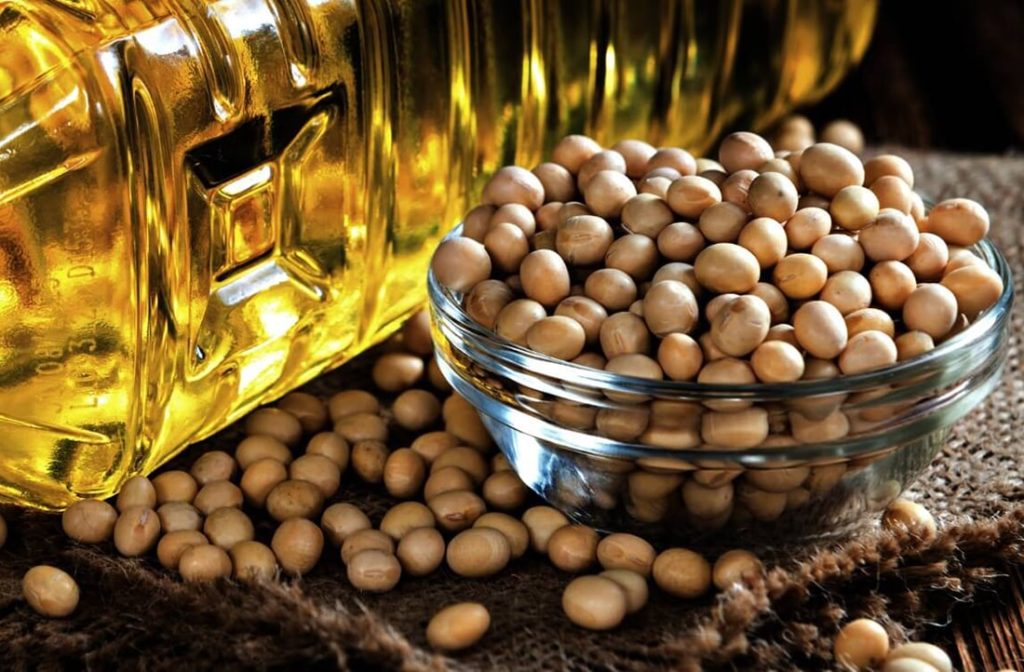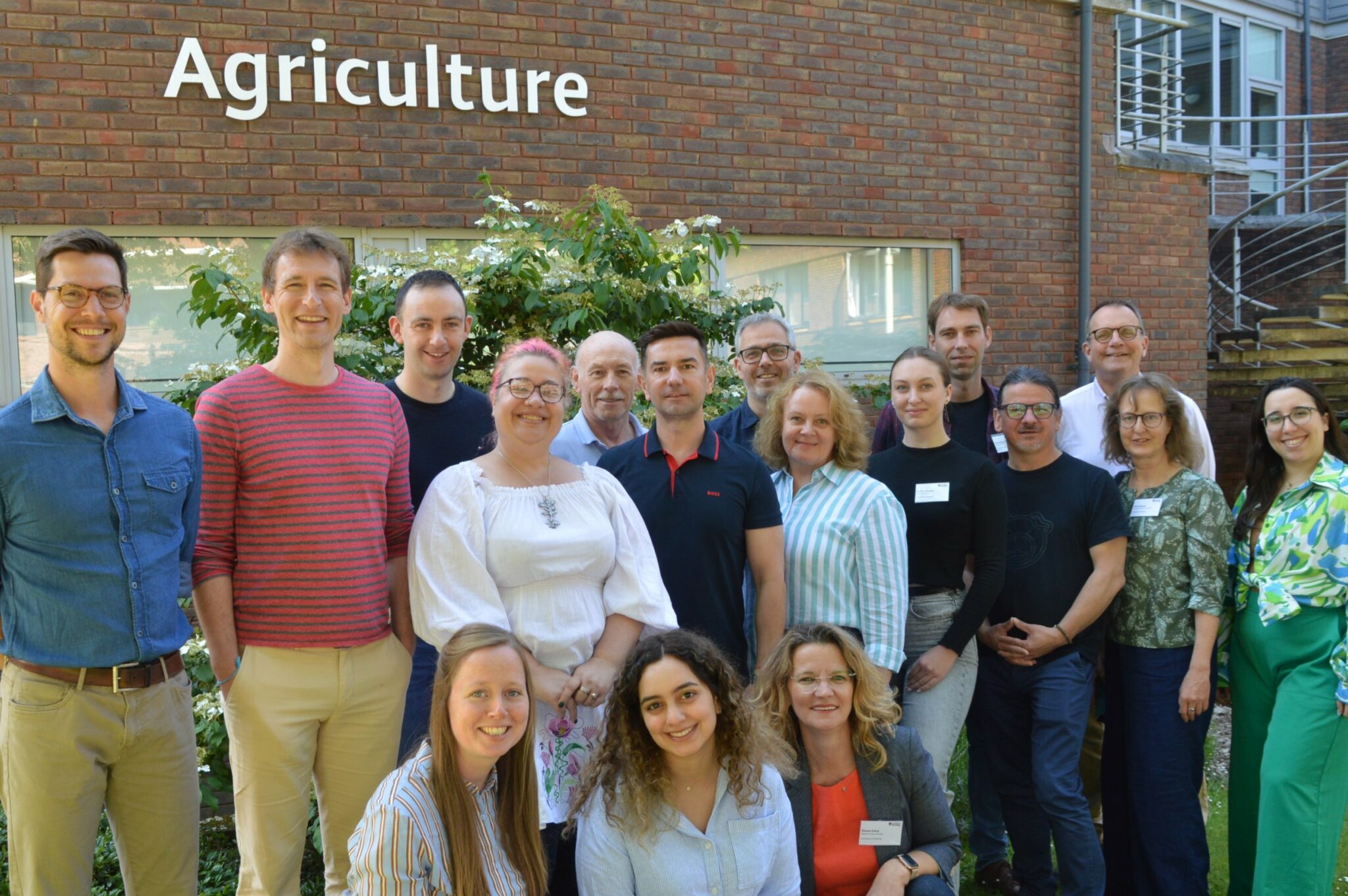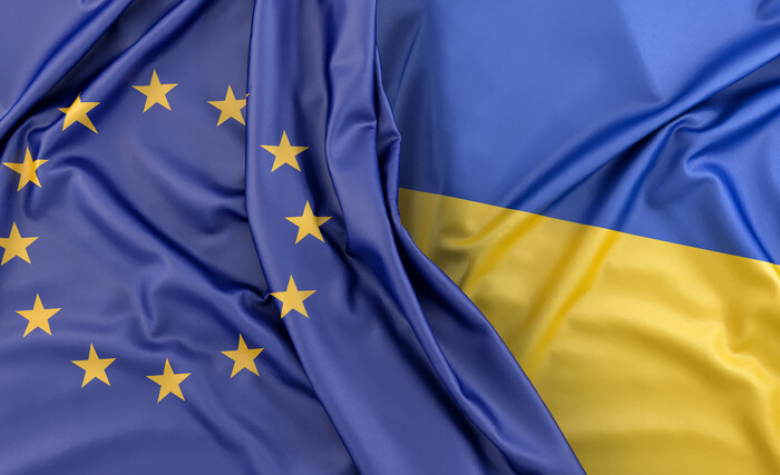
“The new trade regime improves access compared to the old DCFTA quotas, yet it cannot fully compensate for the liberal conditions Ukraine enjoyed under the Autonomous Trade Measures,” – noted Veronika Movchan, Academic Director and Head of the Center for Economic Studies, during the online discussion “EU–Ukraine Arrangement to Liberalize Agrifood Trade: What’s Next?”.
“Our analysis, conducted jointly with the German Economic Team, assessed the effects of the revised tariff-rate quotas (TRQs) on Ukraine’s agricultural exports to the EU. The study compares three distinct regimes: the old DCFTA quotas, the Autonomous Trade Measures (ATMs) of 2022–2025, and the newly introduced TRQs agreed in October 2025.
Under the updated arrangement, four quotas were abolished and 26 were expanded – particularly for honey, sugar, barley groats, and bran. If fully utilized, these revisions could increase duty-free exports by roughly USD 630 million per year, a 35 percent improvement over the previous quota system.
However, compared with the liberal trade regime under the ATMs, the reintroduction of tariff rate quotas significantly limits market access for several key products. The estimated decline in exports to the EU amounts to about USD 1.1 billion annually, with wheat accounting for roughly USD 900 million of that loss. Other products affected include barley, poultry, eggs, sugar, honey, and apple juice.
Our modelling shows that Ukrainian producers can partially redirect exports to third markets, offsetting some of the losses. Yet, due to higher transportation costs and less favorable prices, only about three-quarters of the EU-related decline can realistically be compensated. This leaves an annual shortfall of approximately USD 250 million, or 0.6 percent of Ukraine’s total exports in 2024.
These findings highlight the need for a predictable and evidence-based dialogue between Ukraine and the European Union. While the new TRQs are an improvement over the pre-war regime, they remain insufficient to restore full access to the EU market. Continued cooperation on logistics, trade facilitation, and mutual market standards will be essential to sustain Ukraine’s agricultural export capacity and deepen economic integration”, – said Veronika Movchan.
The study available via the link: https://bit.ly/3XhvOU6
The full online discussion is available at the following link: https://www.youtube.com/watch?v=rBeBLCwG4mE
